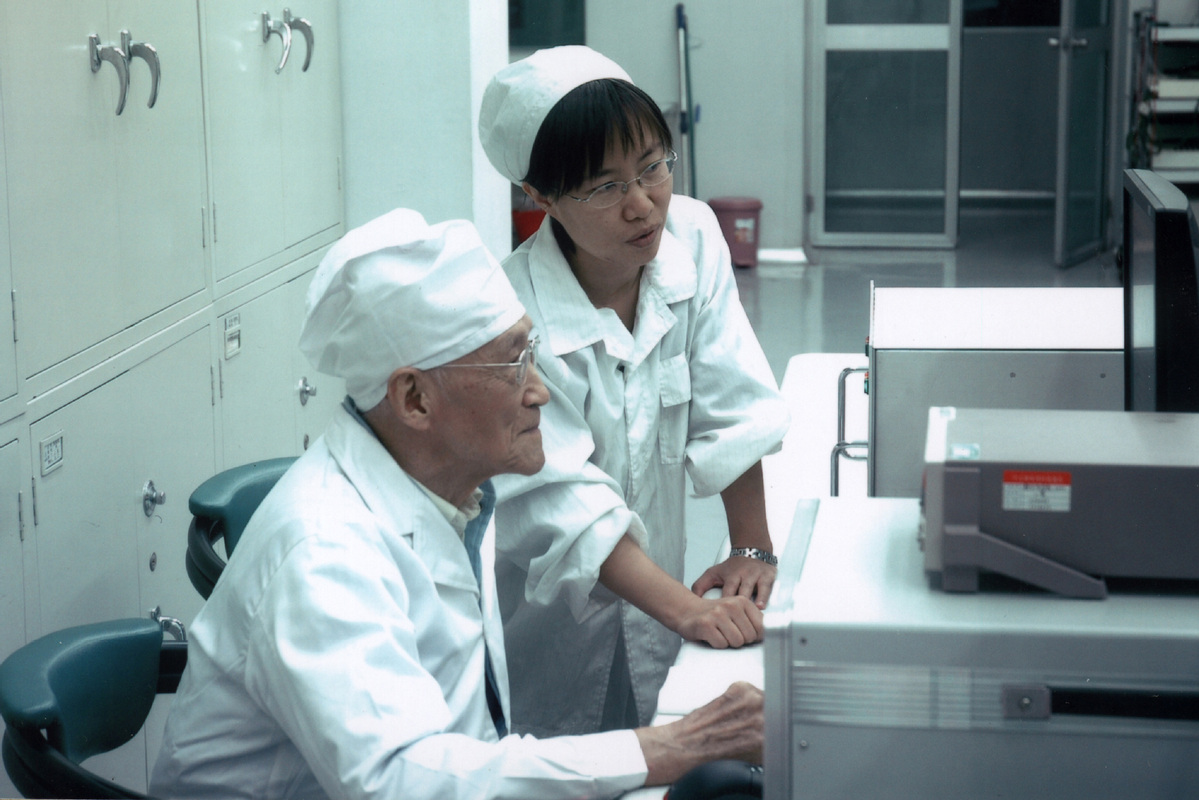Scientist urges young to make full use of talents


One of the founders of China's space industry, Lu played an important role in the design and construction of the country's first satellite, which was lifted into orbit in April 1970.
In recognition of his service and contribution to the nation and the Communist Party of China, Lu was one of 29 Party members awarded the July 1 Medal, the Party's highest honor, by Xi Jinping, general secretary of the CPC Central Committee, at a ceremony at the Great Hall of the People in Beijing last month.
The medal was conferred for the first time this year as part of the celebrations of the centenary of the CPC's founding.
Born in January 1920 in Laian county, Anhui province, Lu was a diligent student. He was admitted to the department of aeronautical engineering at the National Central University in Chongqing in 1937 and graduated four years later. In 1945, he went to the United States to research inertial navigation at the Massachusetts Institute of Technology under the direction of Charles Stark Draper, known as the "father of inertial navigation", who played a key role in the Apollo lunar landing missions.
After receiving his doctorate at MIT, Lu continued his research in the US until 1956.
Due to the political atmosphere at the time, many scientists and students of Chinese origin working and studying in the US were prevented from traveling or returning to China. The official reason was matters of confidentiality, but eventually, Lu was able to overcome the US government's objections and returned with his family to China.
- Team formed to investigate the loss of 29 cultural relics
- Investigation into school uniforms confirms safety of waterproof layer
- Taiwan students join winter sports exchange in Tianjin
- World's largest vertical shaft boring machine deployed for cross-river railway tunnel
- Former chairman of State-owned enterprise sentenced to death with two-year reprieve
- Sichuan's ecological restoration attracts record number of migratory birds





































